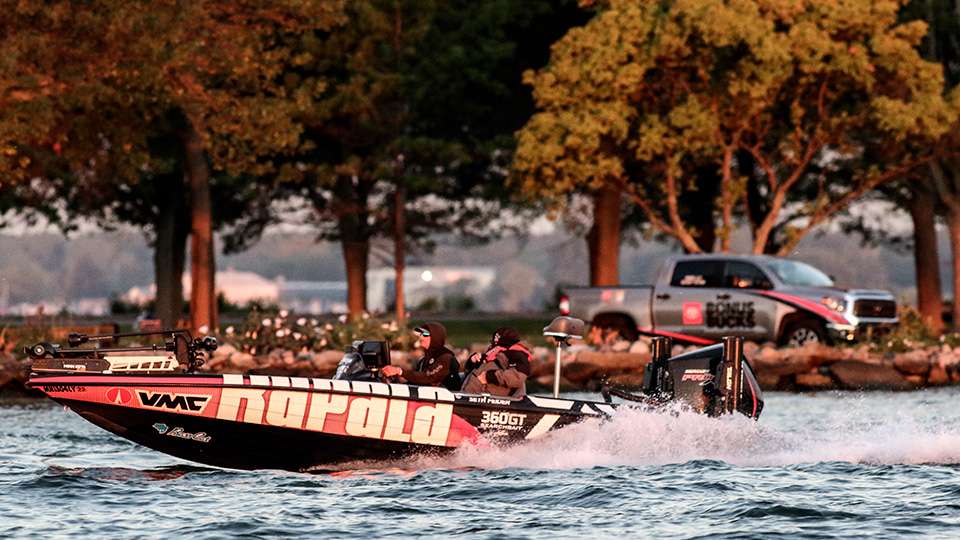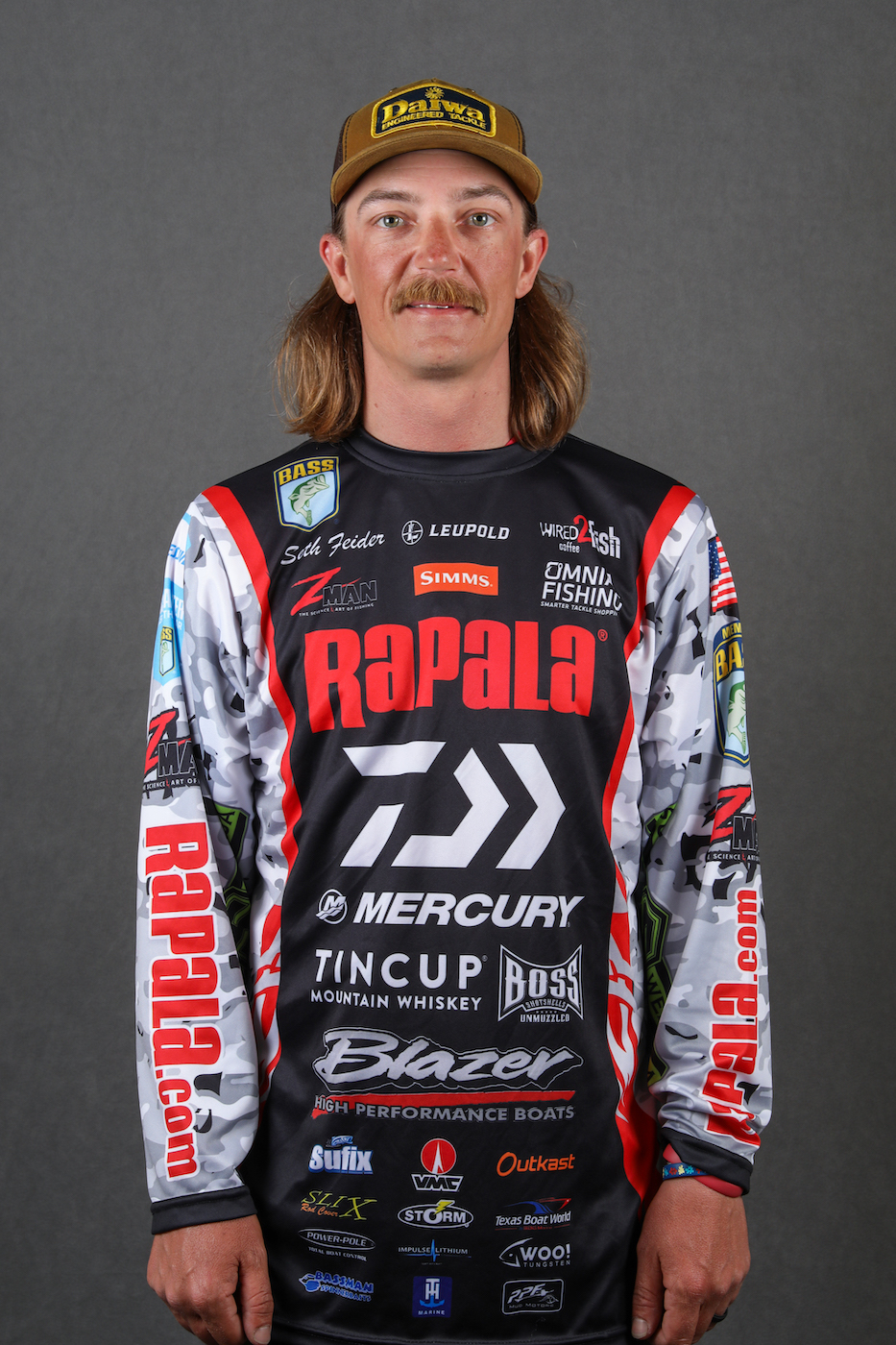
After three solid tournaments in my comfort zone up north, I was seventh in the Bassmaster Angler of the Year race, just 47 points outside of the lead. But now we’re hitting what I consider the toughest part of our schedule. It feels like we’re late in the year, but in truth we’re only about at the halfway mark, so a lot can still change.
I’m concerned about all four of the remaining events, and I know that my performance over the next few weeks will make a huge difference in how my season ends up. If I have a couple of good tournaments, I could be right up there fighting for the top spot headed into Fork, but if I have a couple of bad ones, I’ll be left scrapping for a spot in the Bassmaster Classic.
Fortunately, we’ll start off at Guntersville, which of the four fisheries is the one where I have the most experience and the most confidence. It’s a lake that I didn’t love at first, but after the fourth-place finish in this year’s Classic I’m starting to like it more and more. In fact, I’m starting to feel better about the TVA system in general. Of course, the places and patterns I relied upon back in March won’t matter at all this time around, but I’ll be super happy if I can flip grass for four days.
The next two after that are where I expect things to get tricky. I have absolutely no clue about what it’ll take to do well at Santee Cooper. I’ve been watching the weights at Chickamauga, and I can see it has been fishing tough. I like the fact that we should be able to spread out on those two lakes — unlike the springtime and the summertime ledge bite when key places tend to get crowded — but I also know that I shouldn’t expect to get a lot of bites.
There exists the very real possibility that it’ll be tough to weigh in a limit on either of those places. With that in mind, over the past few weeks I’ve deliberately fished a couple of really terrible places by my house. They are the types of lakes I typically drive right by to go somewhere else. I wanted to make sure that I could stay focused when the bites weren’t fast and furious, and that I could take care to get everything that bit into the boat.
After that, we’ll finish out the season at famous Lake Fork in Texas. I’ve only been there once before, but I know that it’s full of big fish. It should be fun, and with the possibility of schooling fish, there could be an opportunity to catch quite a few.
I’m headed into this home stretch of the calendar with a different mindset than I have in the spring or when we go up north. I know that there are going to be periods of several hours when bites will either be nonexistent or few and far between. When that’s the case it’s easy to get spun out and hard to stay focused, but we all know that capitalizing on that one key bite can make your day — and screwing it up can break your day. Standing in the weigh-in line, you’ll be able to tell who remained mentally tough.
It has been a strange season in a lot of ways, complicated by COVID and enhanced by the arrival of our new baby. That strangeness continues with fall tournaments.
In most years I don’t do much early season hunting so I don’t feel like I’m missing out much by being away. Our duck hunting around here isn’t too special until the big mallards start flying in November, and I really enjoy it most when it’s 20 degrees out and I’m breaking ice.
Lake Fork is the first tournament that will get in the way of that enjoyment, but if I’m fighting for AOY with a camera on me that final day, it’ll be well worth missing a little bit of hunting. I just have to put myself in position to be there.

